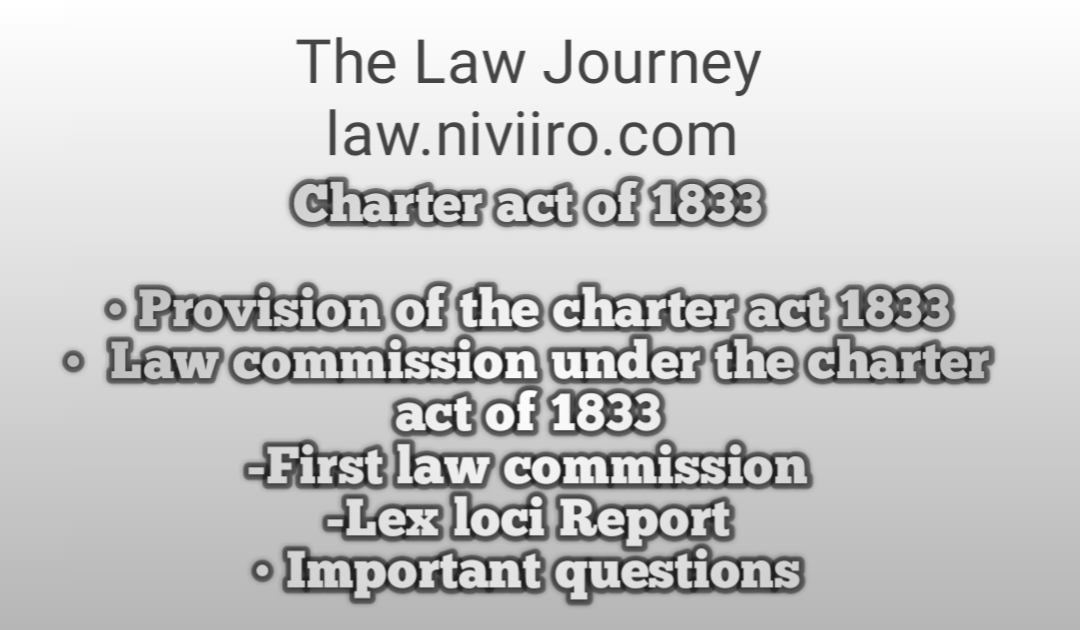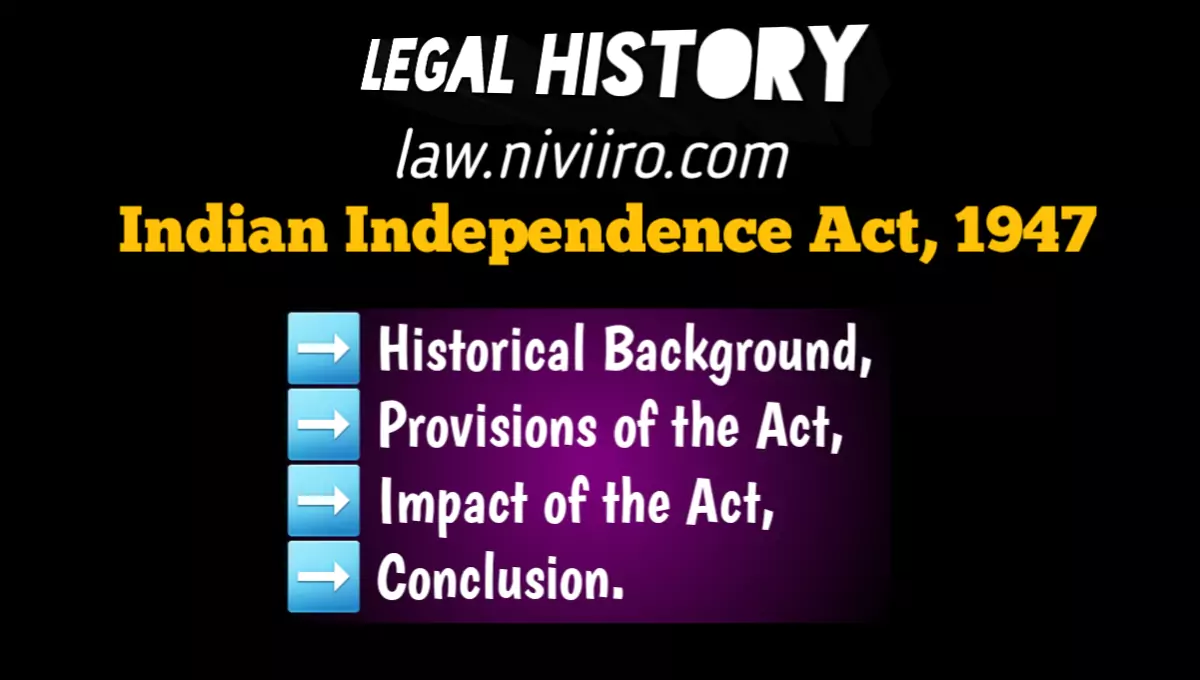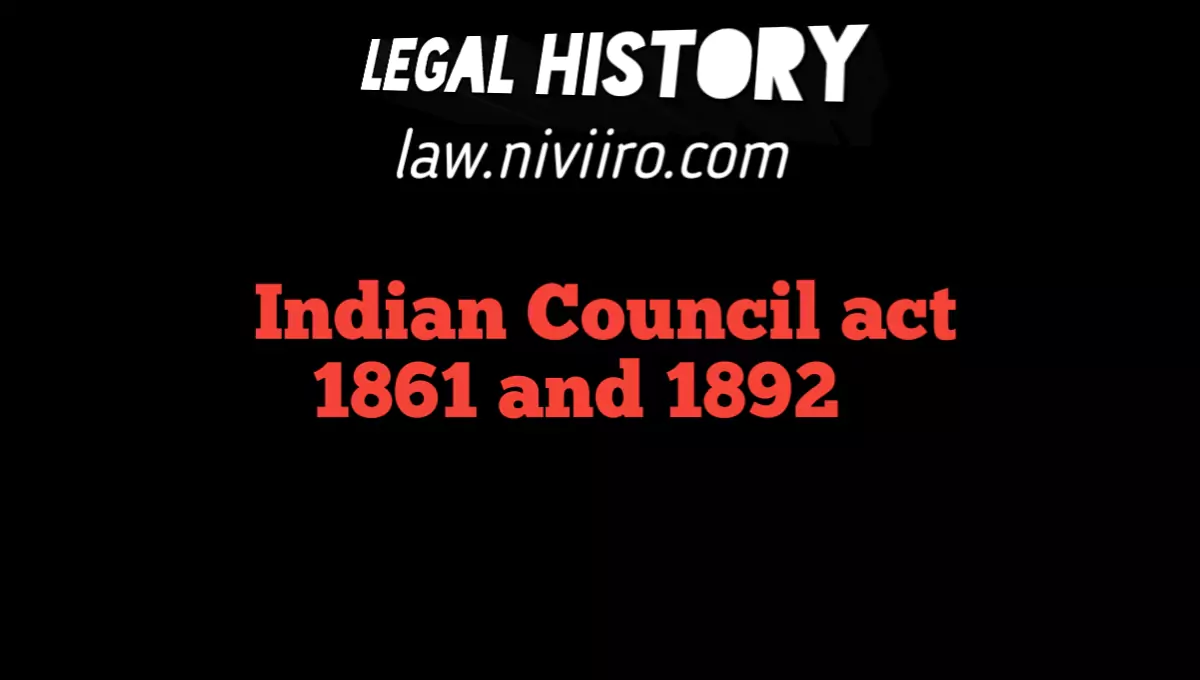According to the Charter Act of 1833, the commercial activities of the companies were ceased and it was made an administrative body for the annexation of British India. All India legislature was established in India by this charter. Lord Macaulay was appointed to the Council as the Law Member of the Governor-General. A law passed by the All India Legislature was called an Act. The Council was empowered to make laws for the whole of the British territory in India, repeal, amend any law or any regulation in force in any part of India.
Provision of the charter act 1833
Certain Provisions are made in charter act 1833 :
India became a British colony | Charter act of 1833
The Governor General of Bengal was redesignated as the Governor General of India. This made “Lord William Bentrick” the first Governor General of India. Thus the country was integrated under one control. The governors of Bombay and Madras lost their legislative power. The Governor-General’s Council should have had four members. The fourth member had limited power. For the first time the Governor-General’s government was called the Government of India and the Council was called the Indian Council.
Indian law commission | Charter act of 1833
The Act mandated that any law made in India was to be placed before the British Parliament and was to be called an ‘Act’. The Law Commission of India was established in accordance with the Act. Lord Macaulay was the chairman of the first Law Commission. It sought to codify an all-India law.
Law commission under the charter act of 1833
First law commission | Charter act of 1833
It was enacted in 1834 and was headed by Lord Macaulay. Initially it consisted mainly of 4 members including Lord Macaulay who represented the Presidency City of Calcutta, Madras and Bombay.This Law Commission was to work under the direction of the Governor General and the Council. The main objective of this Law Commission was to reform the existing legal system.The act’s contribution was a panel code that was eventually submitted by the Law Commission to the government in 1837. This panel code draft was primarily prepared by Lord Macaulay, hence it was called the Macaulay Code.Lord Macaulay returned to England in 1837 and was replaced by Andrew Amos as chairman of the Law Commission.
Lex loci Report | Charter act of 1833
Christians, Anglo Indians, Parsis, Portuguese had no civil law enforced in Mofussil in India. The courts were applying the substantive law of the individual or the country of his ancestors. It had put great trouble. It was sent to the commission. The commission considered the question of law applicable to non-Hindus and non-Muslims and in 1837 submitted the report, called Lex losi report which means law of land or place. As a result, the First Law Commission submitted its suggestion that there should be a law of the land for India which should be lex loci. It is based on the Basic Law of England.
There are some restrictions of lex loci
- The law of the land should not apply in matters of marriage, divorce, succession, adoption.
- The Act of the British Parliament was not to be extended to the Mufassils.
- The business of the British Parliament should be confined to the Presidency Town.
Related Post
who was the first Governor General of India ?
Lord William Bentrick was the first Governor General of India.
when the First law commission was enacted ?
It was enacted in 1834 and was headed by Lord Macaulay.
what do you mean by Lex loci Report ?
Christians, Anglo Indians, Parsis, Portuguese had no civil law enforced in Mofussil in India. The courts were applying the substantive law of the individual or the country of his ancestors. It had put great trouble. It was sent to the commission. The commission considered the question of law applicable to non-Hindus and non-Muslims and in 1837 submitted the report, called Lex losi report which means law of land or place. As a result, the First Law Commission submitted its suggestion that there should be a law of the land for India which should be lex loci. It is based on the Basic Law of England.
Refrences Book
- Indian legal and constitutional history by Dr. N. V. Paranjape
- Rankin G.C. Background to Indian Law
- M. Rama Jois, Legal and Constitutional History of India
- M.P. Jain, Outlines of India Legal History
- V.D. Kulshrestha, Landmarks in Indian Legal History
- A.B. Keith, Constitutional History of India

















